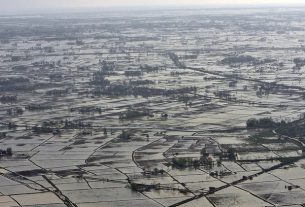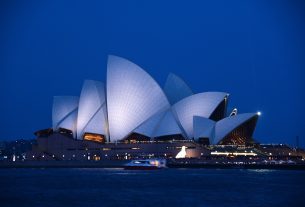In a dramatic shift in U.S. foreign policy, President Donald Trump has ordered the suspension of billions of dollars in aid projects worldwide, including over $268 million allocated by Congress to support independent media and the free flow of information. This freeze has plunged the United States Agency for International Development (USAID) into chaos. The agency’s website has become inaccessible, its X account suspended, and employees have been told to stay home. USAID’s headquarters has been closed, and Elon Musk, who was appointed by Trump to lead a new initiative called the Department of Government Efficiency, has labeled the agency a “criminal organization,” declaring, “We’re shutting down.”
USAID’s programs have long supported independent media in over 30 countries, but with the funding freeze, the impact on global media is severe. Many organizations are reluctant to speak out, fearing further political retaliation or long-term consequences for their funding. In Ukraine, for example, nearly 90% of media outlets depend on USAID funding. Similarly, in Cameroon, the funding halt forced DataCameroon, a public interest media outlet in Douala, to put several projects on hold.
One particularly devastating story comes from an exiled Iranian media outlet, which chose to remain anonymous for fear of repercussions. With the freeze in place, the outlet was forced to suspend staff collaborations for three months and drastically cut salaries to ensure its survival.
The freeze on USAID funding has left a ripple effect across global media ecosystems, especially in regions where independent journalism plays a critical role in providing information to the public. As many outlets grapple with the uncertainty of future funding, the full scope of the damage caused by the freeze remains unclear but is already being keenly felt by journalists, media organizations, and the populations they serve.
This drastic shift in U.S. foreign policy could mark a significant setback for press freedom and independent media worldwide, undermining years of efforts to bolster democratic institutions and the free flow of information.



